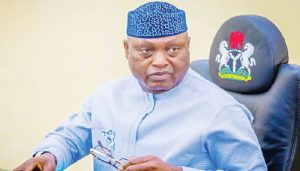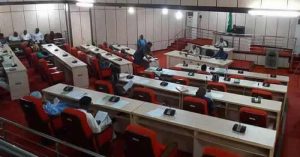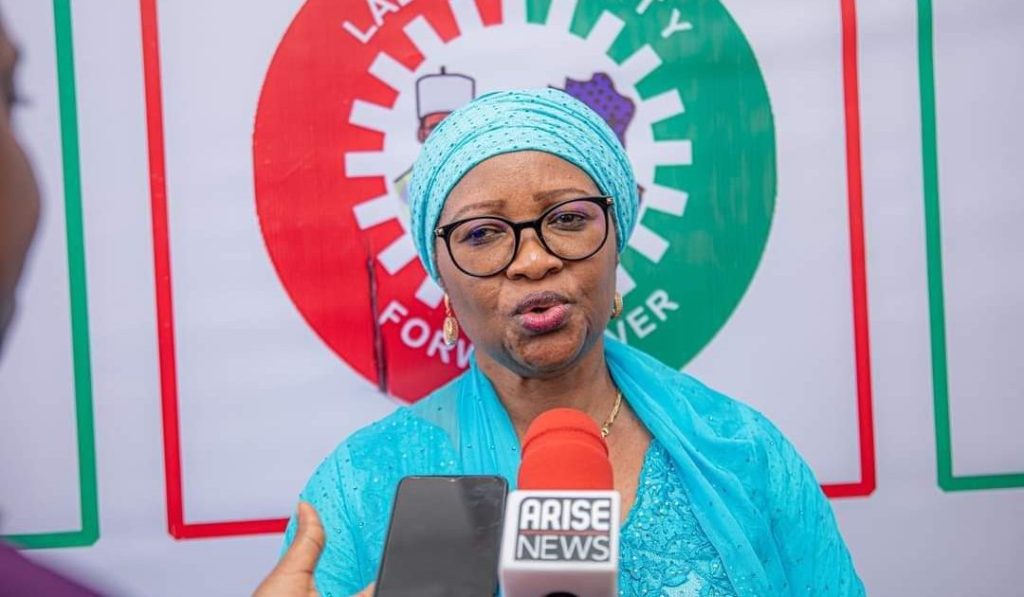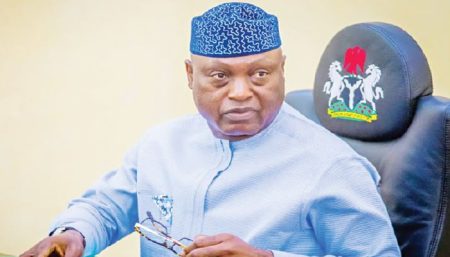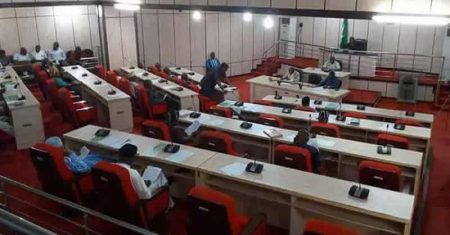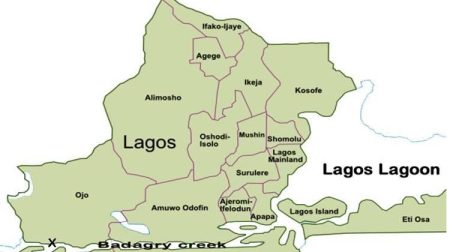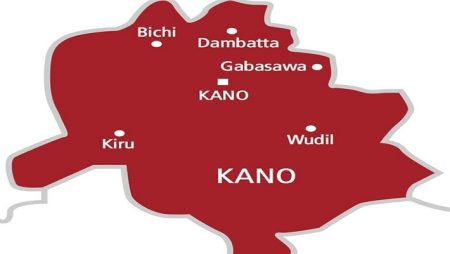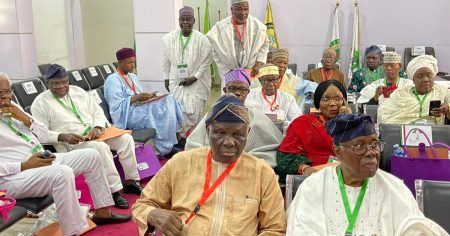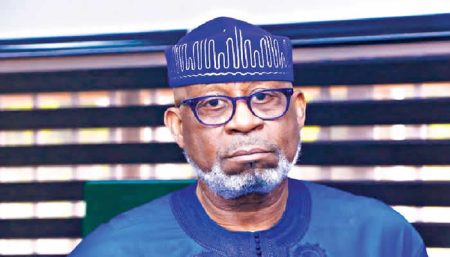The Labour Party (LP) in Nigeria, under the acting leadership of Senator Nenadi Usman, has found itself navigating a turbulent period marked by a wave of defections to the ruling All Progressives Congress (APC). However, Usman has steadfastly downplayed the significance of these departures, emphasizing the party’s enduring strength and unwavering commitment to offering Nigerians a viable alternative to the APC’s perceived failings. She characterizes the APC’s governance as lacking direction and vision, resulting in widespread hardship and impoverishment across the nation. This firm stance, amidst political realignments, positions the LP as a steadfast force focused on the needs of the people and dedicated to restoring national dignity.
Usman’s criticism of the APC is sharp and pointed. She argues that the current administration represents the most economically damaging period in Nigeria’s history, citing the pervasive and severe suffering experienced by citizens. This critique underscores the LP’s core message, framing itself as a party attuned to the struggles of everyday Nigerians and ready to address their needs. The party’s leadership contends that the APC’s policies have exacerbated poverty and hardship, leaving the populace yearning for a change in direction. This narrative aims to resonate with those disillusioned by the current administration, portraying the LP as a beacon of hope.
The defections from the LP, including those who crossed over to the ruling APC, have been met with strong condemnation from Usman. She labels such moves as morally indefensible and legally questionable, particularly when individuals abandon the party under whose banner they achieved electoral victory. This condemnation carries a strong ethical undertone, casting the departing members as opportunistic and self-serving. By highlighting the alleged impropriety of these defections, the LP seeks to contrast its own principles of integrity with what it perceives as the APC’s willingness to embrace political expediency.
Despite the exodus of some members, Usman maintains that the core of the LP remains intact and continues to enjoy widespread popular support. She suggests that those who left did not truly align with the party’s vision, and their departure, while initially disruptive, has ultimately served to clarify the party’s ideological direction and strengthen internal cohesion. This interpretation casts the defections as a purifying process, eliminating those with divided loyalties and reinforcing the party’s commitment to its founding principles. This perspective allows the LP to present a narrative of renewed strength and unity, born out of adversity.
Looking towards the future, Usman acknowledges past missteps in candidate selection but emphasizes that valuable lessons have been learned. She outlines a path forward characterized by more meticulous vetting of potential candidates, ensuring alignment with the party’s mission of building a new Nigeria. This pledge signals a commitment to internal reform and a more strategic approach to candidate selection, aimed at preventing future defections and fielding candidates who genuinely embody the party’s values. This forward-looking stance is crucial for rebuilding trust and demonstrating a capacity for growth and adaptation.
In a call for unity and revitalization, Usman urges aggrieved members to reconcile their differences as the LP embarks on a comprehensive restructuring process. This includes a nationwide membership revalidation exercise, the organization of congresses at various levels, and the convening of a national convention – all initiatives approved by the party’s National Executive Council. This revitalization effort aims to strengthen the party’s grassroots presence, reaffirm its commitment to internal democracy, and position it for future electoral contests. The emphasis on revalidation and internal elections suggests a commitment to rebuilding from the ground up and ensuring that the party’s leadership truly reflects the will of its members.


